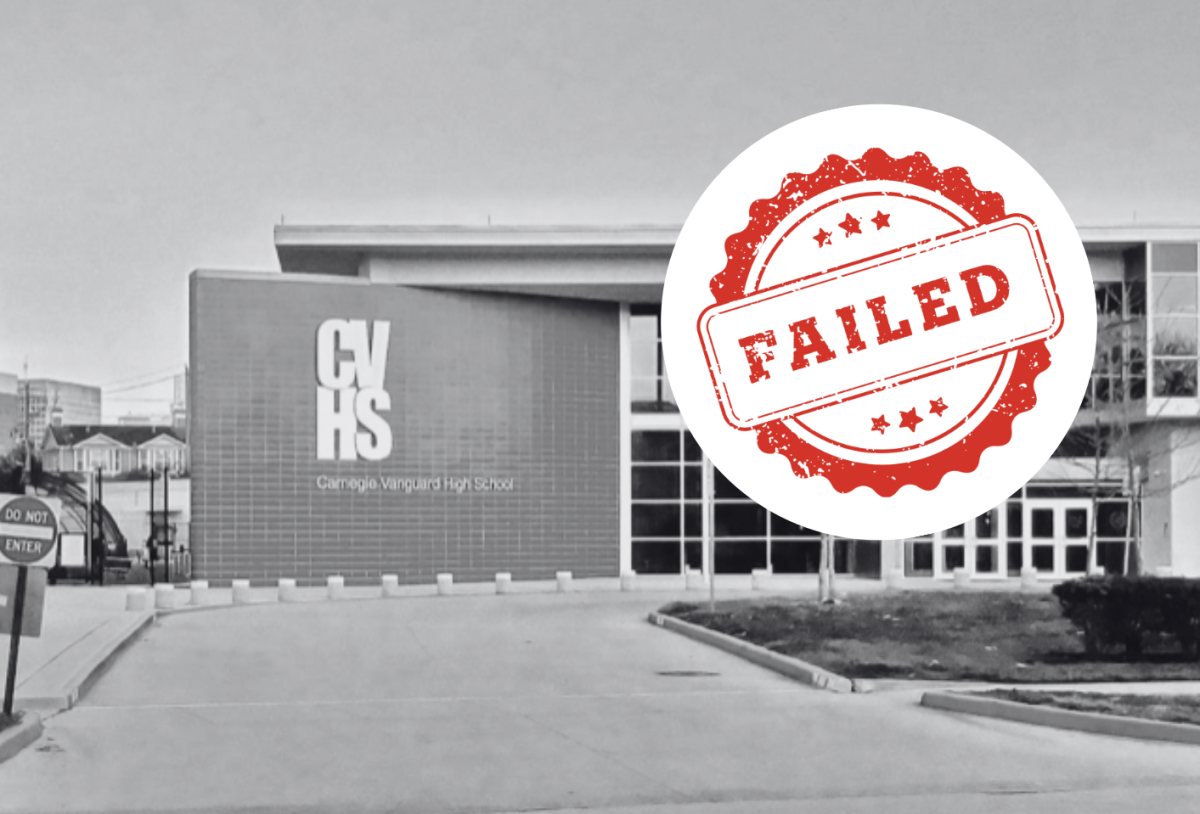On April 1, the State of Texas announced a $5,000 pay raise for all public school teachers and administrators that is set to take effect this fall. The increase, described by lawmakers as “generous,” “revolutionary” and “probably enough to keep them quiet for a while,” has left teachers trying to figure out if this is real life or some elaborate prank orchestrated by the same legislature that once debated teachers could just be paid with “passion.”
“I thought it was a scam,” high school teacher Alonso Martinez said. “You know, like those emails that tell you your long-lost uncle left you a million dollars, and all you have to do is click a link and give them your bank information? That’s what this felt like.”
“Five thousand dollars from the state? There’s got to be a catch. Do we have to pay it back with interest?” Martinez said.
The news was released via an official email, conveniently sent during standardized testing week, likely to avoid follow-up questions from teachers. The email, along with a clipart of a smiling apple, declared that the raise was intended to “empower educators” and “foster a culture of excellence.” However, the email failed to clarify how the new funds would reconcile with the cost of living in Texas, where $5,000 can barely cover six months of gas for the commute between school and the other three jobs that teachers typically work.
“I appreciate the raise, I really do,” CVHS teacher Tiffany Miller said. “But let’s be real: $5,000 is the equivalent of two years of tissues, hand sanitizer and whiteboard markers. You know, the basics we buy ourselves because the district thinks supply closets are mythical creatures. I guess now I can afford to splurge on the ‘fancy’ notebooks for my students. Maybe I’ll even treat myself to lunch on a weekday!”
Gov. Greg Abbott, in a press conference that included dramatic hand gestures and an unusual amount of confetti for a fiscal announcement, called the raise a “historic investment in our future.”
He went on to say that the move would “ensure Texas educators feel valued, respected and slightly less inclined to leave for private-sector jobs that don’t involve dodging spitballs.”

Lawmakers who voted for the raise expressed hope that it would alleviate the growing teacher shortage in the state.
“We’ve heard the complaints,” said Sen. Ted Cruz, R-Texas, as he walked towards his flight to Cancún, Mexico, after recent talk of storms headed towards Texas. “We know teachers are tired of being overworked, underpaid and having to explain for the hundredth time why Pluto isn’t a planet anymore. This raise is proof that we’re listening. Not a lot, but just enough to keep them from picketing outside our offices.”
Still, some teachers remain skeptical about the state’s newfound generosity. Matthew Wilson, a physics teacher, described the raise as “a Band-Aid on a gaping wound”.
“When you break it down, it’s about $13 a day. That’s almost enough to get a meal from the drive-through, if I don’t add fries. At least now I can afford to buy more red pens for grading free response quizzes about how gravity is actually a hoax created by the government,” Wilson added.
Not everyone is convinced the raise will solve the deeper issues facing Texas schools. Critics argue that funds could have been used to reduce class sizes, improve infrastructure or finally replace the computers that still run Windows XP.
“But sure, give us an itty-bitty pay raise and call it a day. Who needs functioning air conditioning when you have a fat $5,000 check to cover your heat stroke-related medical bills?” Miller said while rolling her eyes.
For now, teachers are trying to stay positive.
“At the end of the day, it’s better than nothing,” Martinez said. “Although, if they really want to show their appreciation, they could just let us leave early on Fridays.”
This story is satire.








